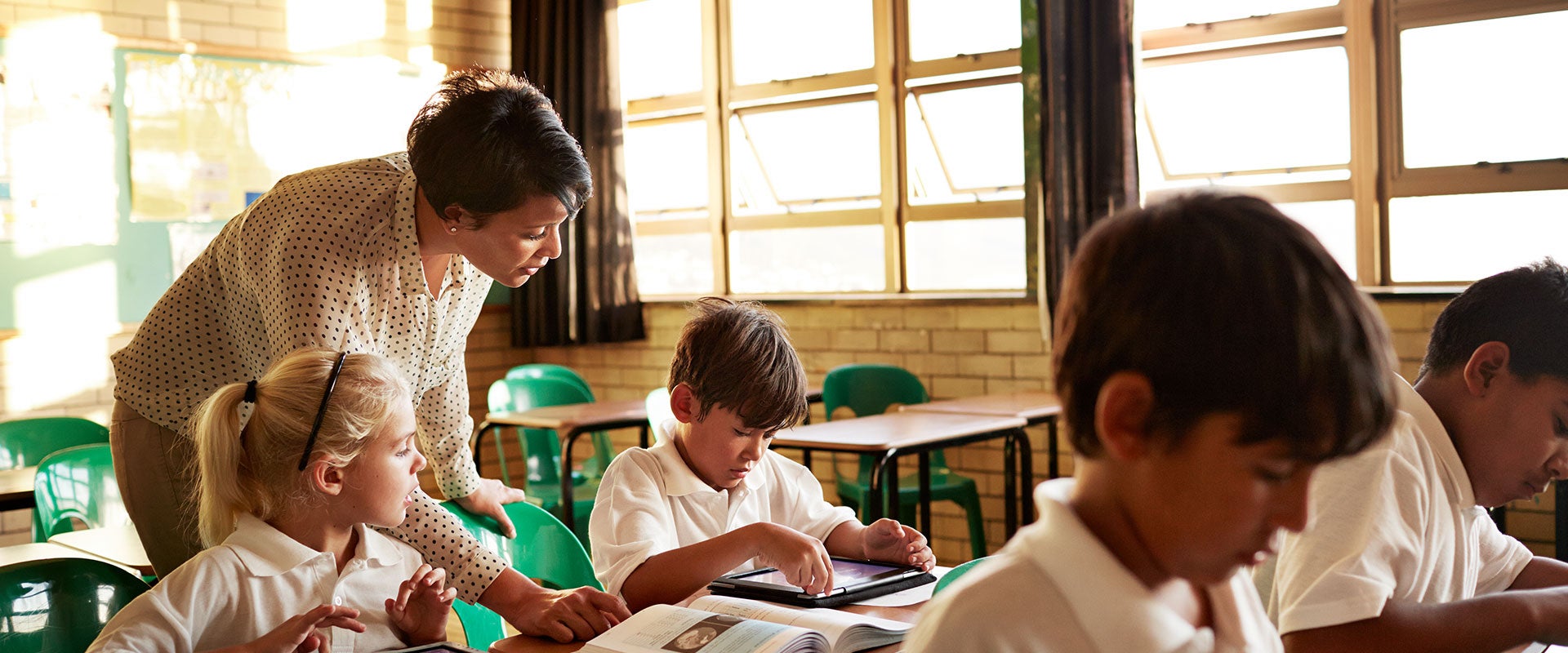
Private Schools for Public Goods
Exploring the Potential of Privately-Run Schools to Benefit Societies
- Special Report

Exploring the Potential of Privately-Run Schools to Benefit Societies
The United Nations Sustainable Development Goal 4 on Quality Education sets the bold challenge of delivering free, equitable and quality primary and secondary education for all children across the globe. However, progress to achieve the goal has stagnated due to pressing challenges such as inadequate education access, poor quality public education in some areas and a lack of accountability.
Simultaneously, there is a worldwide shift toward private schooling due to rising affluence in developed and emerging nations and a growing desire for better quality pedagogy. L.E.K.’s report, “Private Schools for Public Goods,” commissioned by the Jacobs Foundation, highlights how privately-run schools can address these challenges and contribute to society at large. Here are some key takeaways from the report:
Gather insights and expertise from over 40 international education experts, and learn from the assessments of eight schools that have participated as case study organizations. To receive the full report, please complete and submit the form.